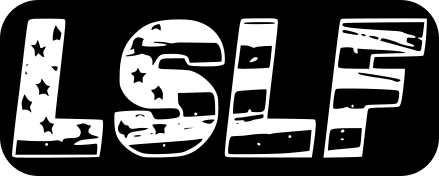
Deepfake technology has rapidly advanced in recent years, enabling the creation of highly realistic manipulated images and videos. Among the most controversial applications of this technology is the production of deepfake nudes, which raises significant ethical, legal, and societal concerns. Deepfake nudes involve using artificial intelligence to superimpose a person's face onto a nude body, creating the illusion that the person is engaging in explicit behavior. This practice has become a troubling phenomenon, particularly as it often occurs without the consent of the individuals whose images are manipulated.
The rise of deepfake nudes is largely attributed to the accessibility of the technology. Sophisticated algorithms, which were once only available to specialized professionals, can now be used by anyone with basic computer skills. Various apps and software programs facilitate the creation of deepfake content, making it easier than ever to produce and share these images online. The increasing prevalence of social media platforms further exacerbates the issue, allowing deepfake nudes to spread rapidly, often going viral before the individuals affected even become aware of their existence.
One of the most alarming aspects of deepfake nudes is the potential for harassment and exploitation. Victims, often women, can find their reputations and personal lives irreparably damaged by the dissemination of such content. This practice can be a form of digital sexual assault, as individuals are subjected to unwanted exposure and objectification. The psychological impact on victims can be profound, leading to anxiety, depression, and even suicidal thoughts. The Create Nude Images of digital content means that once an image is online, it can be nearly impossible to remove, trapping victims in a cycle of humiliation and distress.
Legal frameworks surrounding deepfake technology and specifically deepfake nudes are still catching up to the realities of this rapidly evolving issue. In many jurisdictions, existing laws regarding privacy, defamation, and harassment do not adequately address the unique challenges posed by deepfakes. Some regions have begun to implement specific laws targeting the creation and distribution of deepfake nudes, but enforcement remains inconsistent. There is a pressing need for comprehensive legislation that protects individuals from this form of exploitation, holding perpetrators accountable for their actions.
Moreover, the ethical implications of deepfake nudes extend beyond the individual level to societal norms and values. The normalization of such content may contribute to a culture of misogyny and objectification, reinforcing harmful stereotypes about women and consent. As deepfake technology becomes more sophisticated, it blurs the lines between reality and fiction, complicating our understanding of consent and agency in digital spaces. The ease with which deepfake nudes can be created may lead to a desensitization to the real harm these images cause, fostering a dangerous environment where individuals feel emboldened to exploit others.
In response to the growing concerns surrounding deepfake nudes, various advocacy groups and organizations are working to raise awareness about the issue and provide support for victims. Efforts are underway to educate the public about the dangers of deepfake technology and the importance of consent in the digital age. Additionally, tech companies are being urged to develop better detection methods for identifying deepfake content, aiming to limit its spread and mitigate its impact.
Ultimately, addressing the issue of deepfake nudes requires a multifaceted approach that encompasses legal, ethical, and technological dimensions. As society grapples with the implications of this technology, it is crucial to foster a culture that prioritizes respect, consent, and accountability in the digital realm. By doing so, we can work towards a future where individuals are protected from the harm that deepfake nudes can cause, ensuring that technology serves as a tool for empowerment rather than exploitation.

